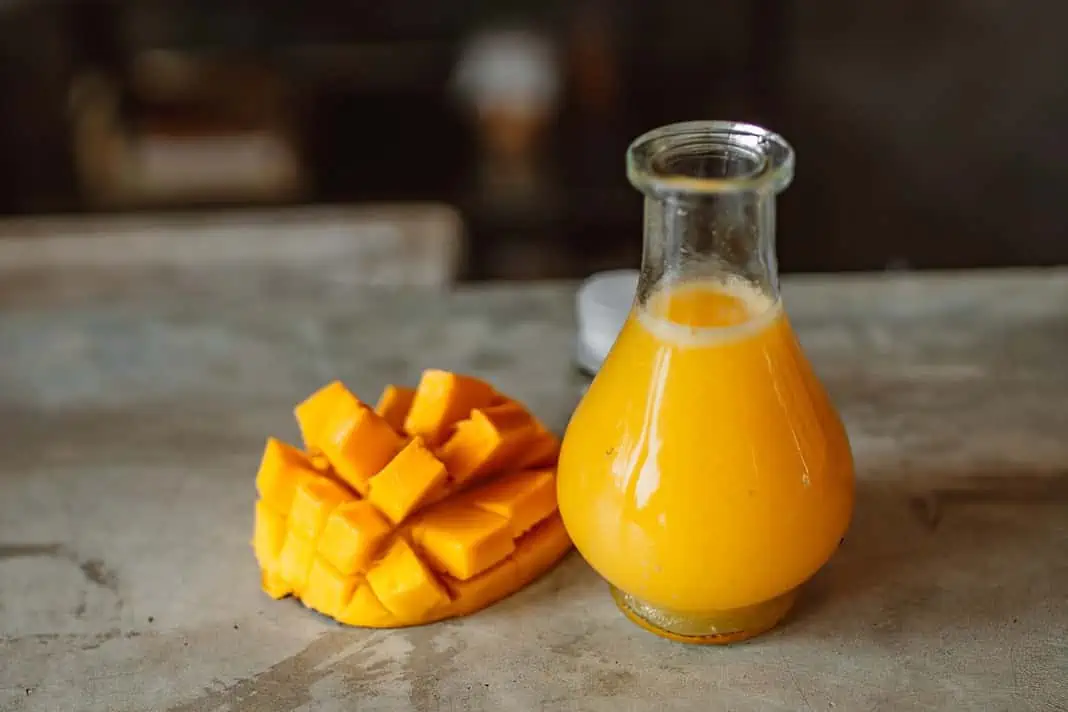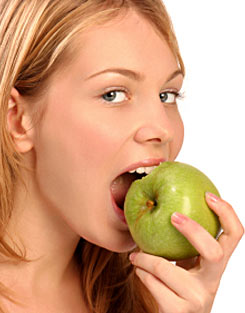It’s way easier to gulp down a glass of fruit juice than eating the whole fruit. Not just because of the extra effort of always having fresh fruit at hand but also because drinking is faster and more convenient than eating when you’re not particularly fond of a certain food.
Sure, the fruit juice, if 100% natural, will boost your daily vitamin intake and other nutrients depending on the fruit.
Fruits are actually better than fruit juice
1. Fruit skins provide important health benefits
Except for those fruits that need to be peeled before they’re eaten, like bananas and oranges, skins of fruits such as apples, pears, apricots, grapes, and strawberries contain various pigments. Some of these pigments, such as flavonoids and carotenoids, are subjected to ongoing research and may have benefits such as improving nutrition and lowering the risk of cancer and other diseases.
Eating whole fruit will get you a good amount of dietary fiber, which is extremely important for maintaining a healthy digestive system. In this case, however, fiber has another essential benefit.
It slows down the digestion of the fruit and its sugars (fructose) and prevents blood sugar spikes. Also, for the same reason eating a fruit is more fulfilling than drinking a glass of fruit juice and helps keep hunger at bay.
3. Eating whole fruit is the low-calorie option
Fructose, be it natural, is still a type of sugar and comes with the same calories and lack of nutrition, just like refined sugar. It’s a lot harder to ingest too much fructose when eating whole fruits, unlike when drinking fruit juice.
The same amount of calories taken from a whole fruit contains less sugar than the ones taken from fruit juice. So instead of taking unnecessary calories from sugar, opt for whole fruit and get more calories from valuable nutrients.
4. “100% natural juice” are you sure?
Lots of store-bought fruit juices have in fact very little fruit juice and a lot of artificial flavors, dyes and preservatives. But even some products that have the appealing “100% fruit juice” (or something similar) can be misleading. This is because the fruits are collected and juiced during season after which they are stored in huge vats.
Since they can’t be sold immediately, they undergo unnatural preservation methods, after which they lose a lot of their natural flavor. When packed for sale, the manufacturing companies often add artificial flavors to compensate for the loss. It’s ok to drink fruit juice occasionally, but if you can’t find a store-bought product you can trust 100%, you should make your juice from fresh fruits.
Sources: whfoods.org, greatist.com

